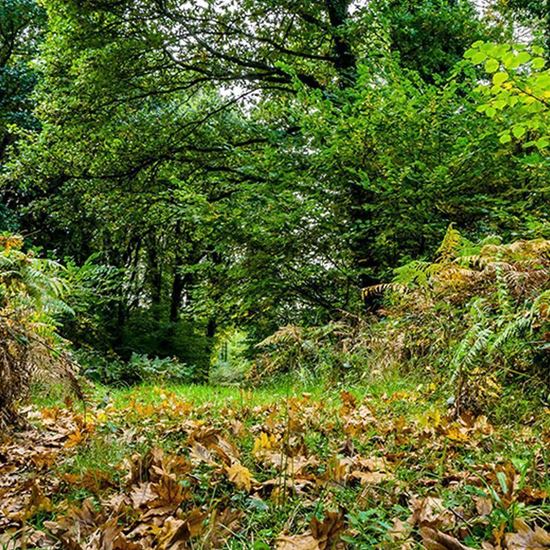"Social encoding advantage" is what psychologists refer to as the phenomenon of people remembering social information more accurately than other types.
Reference to read: “social encoding advantage”: Matthew D. Lieberman, Social: Why Our Brains Are Wired to Connect (New York: Crown, 2013), 284.
It's likely that the social acts of learning and information exchange in oral societies had an additional stickiness over and beyond the additional mnemonic methods they would have used as a base.
The Western cultural tradition doesn't value the social coding advantage because it "excludes social interaction from the realm of the intellect" (Paul, 2021). Instead it provides advantage and status to the individual thinking on their own. We greatly prefer the idea of the "lone genius" toiling on their own, when this is hardly ever the case. Our availability bias often leads us to believe it is the case because we can pull out so many famous examples, though in almost all cases these geniuses were riding on the shoulders of giants.
Reference to read:
remember social information more accurately: Jason P. Mitchell, C. Neil Macrae, and Mahzarin R. Banaji, “Encoding-Specific Effects of Social Cognition on the Neural Correlates of Subsequent Memory,” Journal of Neuroscience 24 (May 2004): 4912–17
Reference to read:
the brain stores social information: Jason P. Mitchell et al., “Thinking About Others: The Neural Substrates of Social Cognition,” in Social Neuroscience: People Thinking About Thinking People, ed. Karen T. Litfin (Cambridge: MIT Press, 2006), 63–82.
 early 19th century: from Greek eidōlon, from eidos ‘form’.
early 19th century: from Greek eidōlon, from eidos ‘form’.



 County directly North of London
County directly North of London




